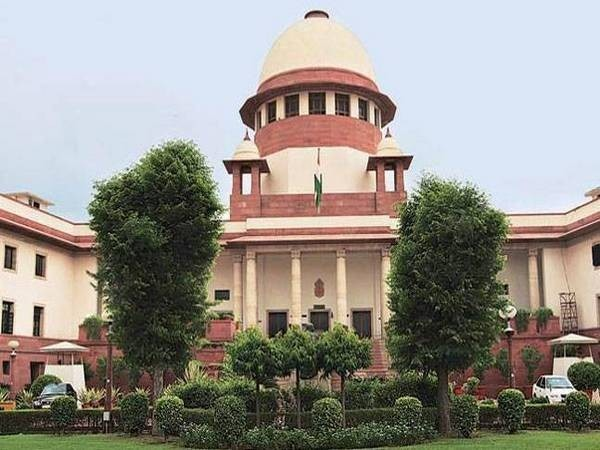Uzbekistan urges world to help neighbouring Afghanistan
Dec 12, 2021

Tashkent [Uzbekistan], December 12 : As winter continues to grip Central Asia, Uzbek Foreign Minister Abdulaziz Kamilov has called on the international community to help neighbouring Afghanistan that is facing a large scale humanitarian crisis.
"To prevent a humanitarian crisis there, not words but concrete steps are necessary to assist the Afghan people," Kamilov said earlier this week in Tashkent.
According to the World Food Programme (WFP), some 23 million Afghans require urgent food assistance, a figure never seen before. This includes more than three million children who are at risk of severe hunger and the life-threatening consequences of malnutrition.
In response, the United Nations has scaled up its aid, providing millions of Afghans with food, healthcare and nutritional support. The problem has been compounded by the liquidity crisis and decrease in the delivery of basic services that emerged following the Taliban takeover.
Tura Bobolov, Surkhandarya regional governor, told VOA that Uzbekistan wants a peaceful Afghanistan, politically stable and economically prosperous. "I have travelled there eight times recently. I see a desperate country in need of order and leadership. It needs our assistance."
"We see endless economic opportunities in and via Afghanistan," Bobolov said, adding that he is in regular touch with the new authorities there. "We have a deep interest in long-lasting peace there. I assure you, and you can tour the region as much as you want to see how peaceful it is here in Surkhandarya," he added.
In the three-month period of September through November, humanitarian partners have reached eight million Afghans with food assistance, informed the Spokesperson for the Secretary-General this Thursday.
Among them, there were 150,000 people who received relief items and 130,000 children with community-based education activities. in the same period, more than 1.1 million people have also received primary and secondary health-care services and more than 200,000 children were treated for acute malnutrition, according to the UN.
In addition, 45,000 people received protection assistance, including cash, and 488,000 people received water, sanitation and hygiene assistance.



















